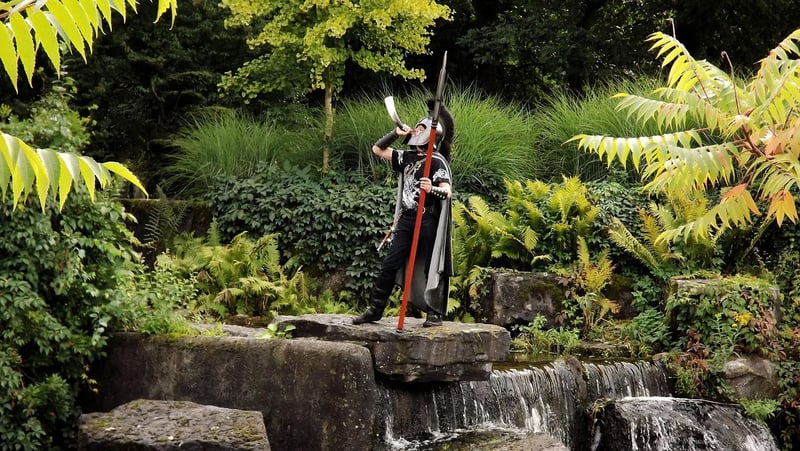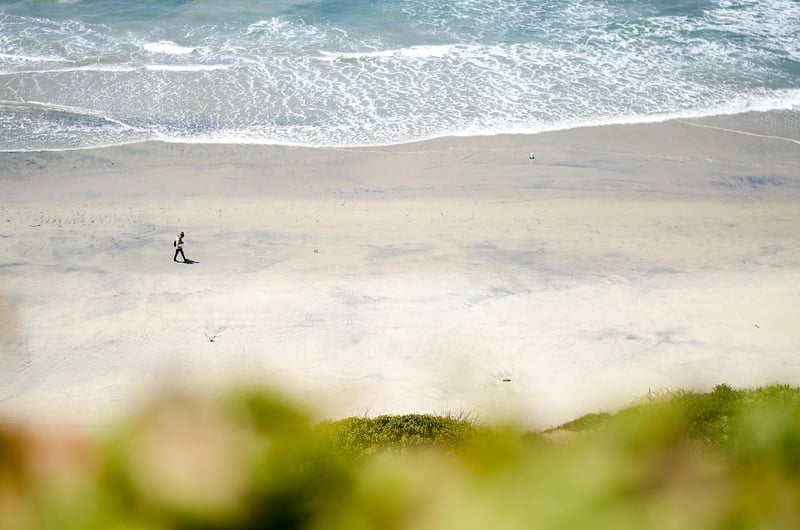Future Exploration
The Evolution of Exploration: From Ancient Times to the Future
Ancient Times
In ancient times, exploration was driven by a thirst for knowledge and a desire to expand territories. Civilizations such as the Phoenicians, Greeks, and Romans embarked on voyages across seas and lands, discovering new lands and establishing trade routes.

Age of Discovery
The Age of Discovery in the 15th to 17th centuries saw European explorers like Columbus, Magellan, and Vasco da Gama sail to the New World, circumnavigate the globe, and establish connections with distant lands, leading to the exchange of cultures, goods, and ideas.

Modern Exploration
In the modern era, exploration expanded beyond Earth with space exploration. The moon landing in 1969 marked a significant milestone, leading to ongoing missions to Mars, the outer planets, and beyond, fueled by a quest to understand the universe and potential colonization of other planets.

Future Exploration
The future of exploration holds exciting prospects with advancements in technology. Robotics, artificial intelligence, and space tourism are revolutionizing how we explore space and the depths of our oceans. Humans may soon set foot on Mars, establish colonies on the moon, and even venture beyond our solar system.

Exploration, throughout history, has been a testament to human curiosity, courage, and innovation. Whether sailing uncharted waters or venturing into the cosmos, the spirit of exploration continues to inspire us to push the boundaries of what is possible.
Let's embrace the future of exploration with open minds and daring spirits as we journey into the unknown, driven by our innate curiosity and the relentless pursuit of knowledge.
